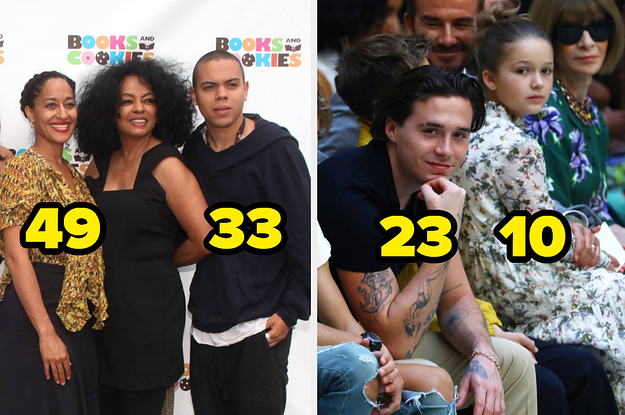
The three Maine police officers who shot a man last week in Blue Hill have all previously fired their guns in the line of duty.
State police Det. Scott Duff, state police Cpl. Caleb McGary and Hancock County deputy Sheriff Dylan Hall shot Peter Pfister outside a Curtis Cove Road home early Tuesday morning following a report that he was armed and holding a woman against her will inside the house.
Officials have not released a detailed account of the shooting, which the attorney general’s office is investigating. But the past shootings by the officers and the resulting investigations shed light on how similar incidents have unfolded and how they are reviewed by the state.
Prior to the Blue Hill shooting, one of the officers used deadly force twice, and the other two each used it once. Three of those shootings were deemed justified by the state. The other investigation, where police blew up a house in Dixmont in 2018, is ongoing. No shooting by police has been determined unjustified by the attorney general’s office.
Like the Blue Hill shooting, the previous cases all involved standoffs and armed confrontations.
Before the Blue Hill shooting, Duff used deadly force twice as a member of the state police tactical team, a group of troopers that works with state police crisis negotiators in searches for wanted felons, hostage situations and cases where people barricade themselves. That team is responsible for 26 of the more than 150 shootings by Maine police since 1995.
The first shooting was in 2014, when Duff shot and wounded Jeffrey Barnard in Ellsworth after a 20-hour standoff. In that case, Barnard fired several rounds from a rifle and threw a Molotov cocktail at officers who had surrounded him in a camper that he occupied.
Barnard refused to leave the camper and the hours-long standoff ensued. Barnard fired several rounds and told officers he had 100 rounds of ammunition, and Duff eventually shot him while Barnard had his rifle raised, officials said.
State law allows law enforcement officers to use deadly force in self-defense if they believe their life is in danger and that deadly force is necessary.
In 2020, Duff and another member of the tactical team fatally shot Thomas Powell in Old Town. Police suspected Powell of burglary and stealing a car in Surry. He was believed to have a deteriorating mental state and had barricaded himself in an Old Town home. After several hours, Powell fired at officers with a rifle in a densely populated neighborhood.
After firing three shots, officers said that Powell, with a rifle across his chest, appeared to be scanning the area looking for another target. Powell refused repeated commands from Duff and the other officer to drop the gun and continued walking with the rifle. Duff and state police trooper Garrett Booth then fatally shot him, investigators said.
Dylan Hall, the deputy sheriff with Hancock County involved in the Blue Hill shooting, shot and injured a man in Bangor in 2018 when Hall was a Bangor police officer.
Hall was responding to a report of Brian Barker brandishing a knife at a woman’s apartment. Barker was threatening to cut his own throat, according to the woman, who had locked herself in her car, officials said.
When officers arrived at the scene on Grove Street, they found Barker outside on the sidewalk with an 8-inch knife. He told officers to “go ahead and smoke me,” according to the attorney general’s report. The officers told Barker to drop the knife more than 20 times, but he continued to walk toward them with the blade.
Hall fired four shots at Barker, hitting him three times from about 15 feet away. Barker survived and was taken to the hospital.
Caleb McGary, the third officer that shot Pfister in Blue Hill, was involved in a shooting in Dixmont in 2018 after a standoff that ended when police used a robot to detonate an explosive.
At the time, McGary shot Michael Grendell after the then 61-year-old Dixmont resident fired at officers during a 20-hour standoff when he was in the midst of a mental health crisis.
Police arrived after a neighbor called to say that Grendell shot at him the day before. Police used a PA system to call Grendell out of the home. He came out briefly but went back inside, and later emerged with a handgun, a leashed dog and a Civil War replica rifle on his shoulder.
Police said Grendell fired at them several times during the standoff and police eventually deployed a robot that placed an explosive into the house. In an attempt to end the incident, police detonated the bomb, blowing up the house.
Grendell survived the home’s collapse and picked up a firearm on the ground. That’s when McGary, along with two other officers, shot him.
Grendell later sued the state and officers, including McGary. He claimed that police refused to wait for a negotiator with experience in dealing with mental health crises and did not have the authority to use an explosive, among other charges.
The case was settled outside of court for $400,000. The attorney general’s investigation into that case is still ongoing, said spokesperson Danna Hayes.
Blue Hill Select Board member Butler Smythe said he didn’t know the particulars of the Pfister case, but has talked to the Hancock County Sheriff’s Office in the past about more training for officers so they don’t have to take a life in these types of situations. The state in 2019 launched a new panel to review shootings and come up with recommendations to avoid violence.
He thought this incident was worthy of prompting more conversations with the sheriff about how much practice officers get for non-lethal alternatives.
“The whole thing is pretty sad,” Smythe said.









